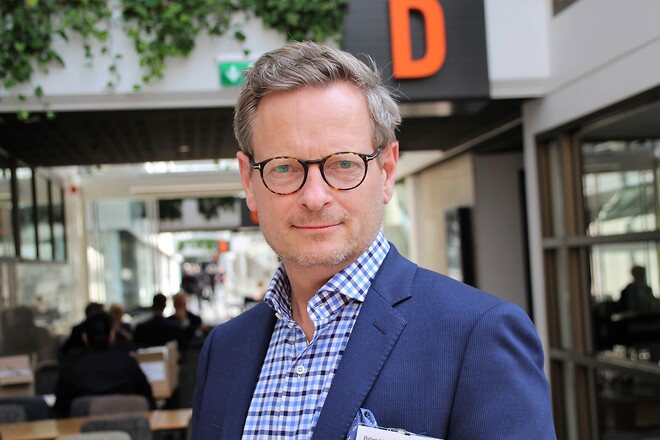Björn Ursing: Physicians new role in AI driven healthcare
AI is the new tool turning everything up-side-down in healthcare. New applications are developed to enhance diagnostics and to make processes more efficient. The physician’s role in the new healthcare system is debated and defended. The idea to let computers have the control over our health is frightening and the need for a human interaction when ill, is a factor not to be neglected. Physicians protect their role and, in many cases, dismiss the help of AI driven diagnostics as being unreliable.
During the 20th century medical science has taken tremendous steps forward and molecular biology has given us a wealth of information on everything from blood types and glucose levels to markers to cancer and pregnancy. Although these tools all have been far from perfect in their early stages, they are now standard routine in most healthcare facilities. Few prefer to trust readings from healers using molted lead and weather changes than molecular or physical markers as means of diagnosis.
There is very little guessing from physicians regarding results from diagnostic tools and results from tests using molecular biology or chemistry and they are regularly trusted. Now AI is introduced to healthcare and takes some of the analysis of collecting data and making diagnosis, from the physician.
When AI is fully developed and integrated into healthcare, will the physician be obsolete or what will the role of the physician be? What is left of the physician’s role when gathering data and setting diagnosis is taken over by science? This is a question that should be addressed to properly integrate new science as AI into healthcare and when designing education for future generations of physicians.
The role of a human being that can understand and give the hard messages to patients cannot easily be substituted by a computer. When the diagnosis is performed there can still be a long way to go before a decision is made on how the patient should be treated. Human factor like mental state and stability, work, and outlook on life might have great influence on how the patient should be treated or cured.
The coming generations of physicians should be able to understand the whole body and ways to treat malignancies. But the most important role will be the interaction with the patient. Much of the education should therefor prepare the physicians for, not only understand the science of medicine, but even more than today, focus on psychology and the doctor-patient interaction. AI could be the key we need for tomorrow’s healthcare, but it is not a stand-alone tool. We need to change with it.
Artikeln är en del av vårt tema om News in English.
